How I became Professor Ugail
Sunday 5th of January 2020
How I became Professor Ugail
“Times have changed.” - Ugail
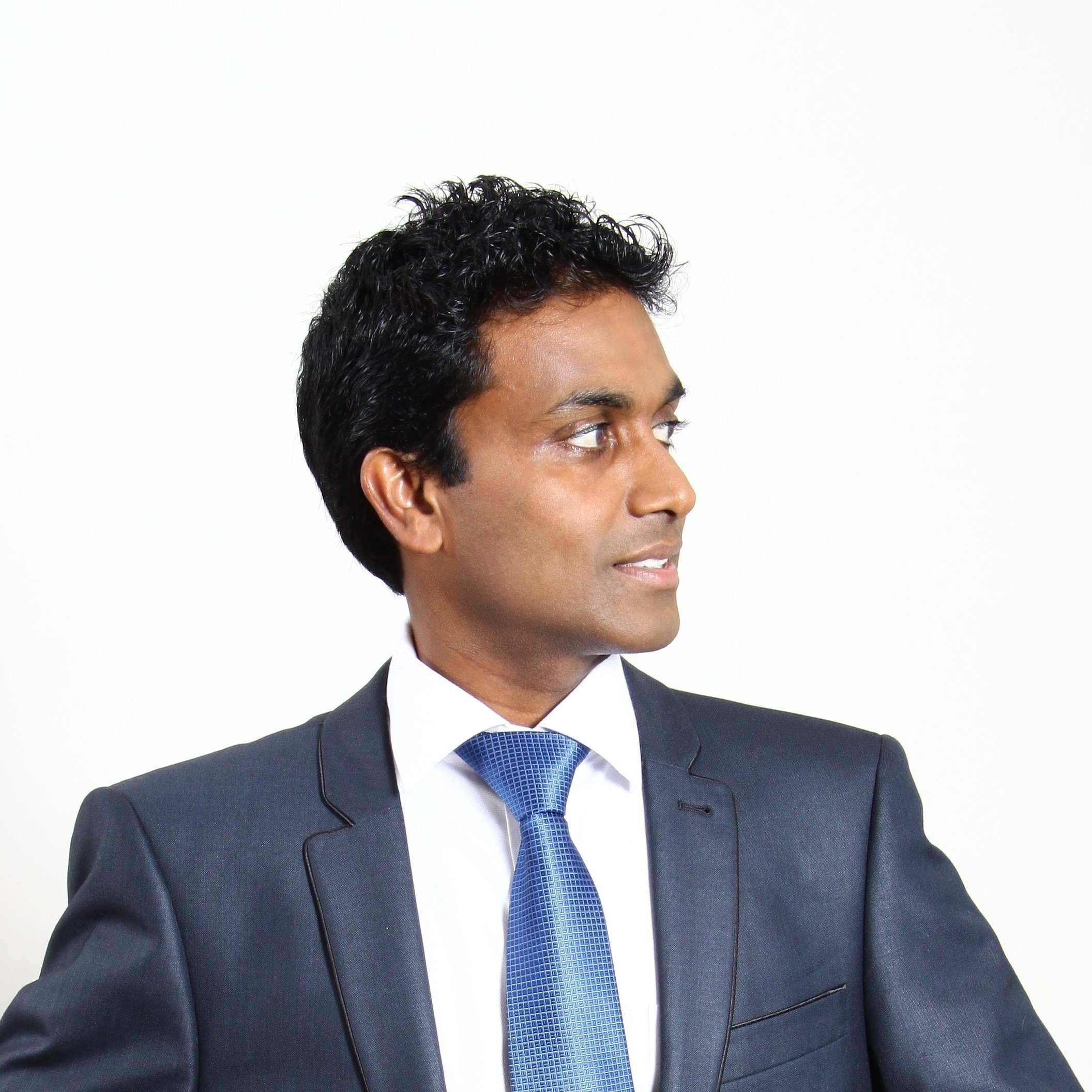
Hassan Ugail is a man of many titles. He has made immense progress in the field of artificial intelligence while earning his professorship at university of Bradford. Our team had the chance to discuss about how things have changed since he set out on his quest.
To belong from an island with natural beaches, a lagoon, vegetation, and even a backyard is a far-fetched dream for most born and brought up in the concrete jungle. Ugail was lucky in that sense. He was born and brought up in S.Hithadhoo. Coming from an island, the environment is not as strict as you can imagine it in Male’. You are free to explore and experiment around the island, as far as your imagination takes you.
Ugail considers himself fortunate because being the son of an English teacher, he had access to books around the house. He read about nature, science, languages and much more that enhanced his understanding. It helped him comprehend more about his interests in science and numbers. His natural curiosity for how things work has existed from the very beginning.
Skills for the world outisde
Ugail’s schooling was initially in his island school but he had to move to Male’ to continue on after the completion of his primary levels. Back then, one had to pass a national exam that determines the eligibility to enroll in secondary education levels. The move to Male’ was the stepping stone for many events in Ugail’s life to come.
Adjusting to life away from his parents, Ugail had to manage himself and earn for necessities as simple as food and cloths. While studying for his O’levels at EPS, Ugail tutored for income. Being responsible did not hinder his accomplishments, unlike the popular belief. He worked hard during his secondary schooling at EPS which placed him in the national top ten.
Ugail learnt essential lessons for life when he flew out of the nest and lived by himself. Cooking, cleaning, organizing are basic life skills one need to survive. A father of 3 now, he practices the same manners in his household. Making their beds, preparing their meals, doing laundry, cleaning bathrooms are daily chores his kids must perform since they were teenagers.
“It is essential to learn basic life skills early on.” - Ugail
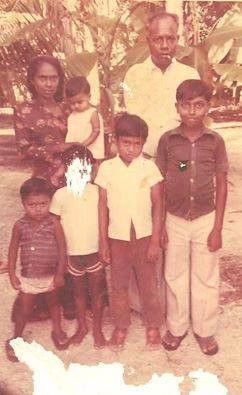
Ugail contradicts the general parental concept of having everything laid out on a platter for your children. He says that when a parent facilitates almost everything for their children, they are restricting the child’s ability to learn vital life skills to survive on their own. A parent naturally thinks that the child’s job is to absorb information and pass exams. In order to do that, it is parent’s job to provide them with everything they need but this thinking is actually wrong. Children grow up and need to have their own space at one point in time. Once they move out – either abroad or away – no one will come and do their chores for them. Ugail advises parents to put some thought into it.
Headed to the UK
Following his completion of secondary schooling, Ugail was placed in SEC – modern day CHSE – for his A’level preparations. In grade 12, the British council offered him a fully funded scholarship in the UK to study mathematics. For a boy determined to excel in his field of interest in the early 90s, this was a golden opportunity.
Before he landed in the UK, Ugail also had his own perceptions for the foreign land just like any of us would. It being a non-muslim country, he was doubtful about the culture, traditions, customs and values but all that changed soon. British were friendly, warm and generous making everything Ugail thought would be difficult interesting. He encountered many experiences from the beginning that were captivating to a foreigner from an underdeveloped country.
Ugail realized early on that he had to relearn how to speak English. This might sound crazy given that he already studied all the grammar by the book but when he encountered the immigration officer as he landed at Gatwick airport in London, the difference in accent and words became evident. Everything was different and strange.
The first time Ugail saw someone use a bank card at an ATM was also in London. The whole thing fascinated him. A man just punched a card into a hole in the wall, pressed a bunch of buttons and out came cash. Amazing! Back in the Maldives, there was no such system at that time. I am having a hard time imagining life without e-banking!
London has always been a hectic place. It is a place where Ugail has had plenty of pleasantly fascinating experiences too. One of the foremost things Ugail had to accustom himself to was getting around London. Unlike Male’ even then, the city is wired with a subway that runs underground in a complex circuit. Ugail had to ask for help from his classmates to figure it out and quickly understood his routes.
One of the most noteworthy confessions from Ugail in our interview was him stating that most of what he has learnt was outside of the lecture theatre.
“In my experience, 60% of what is used in everyday life was learnt outside lecture theatres.” - Ugail
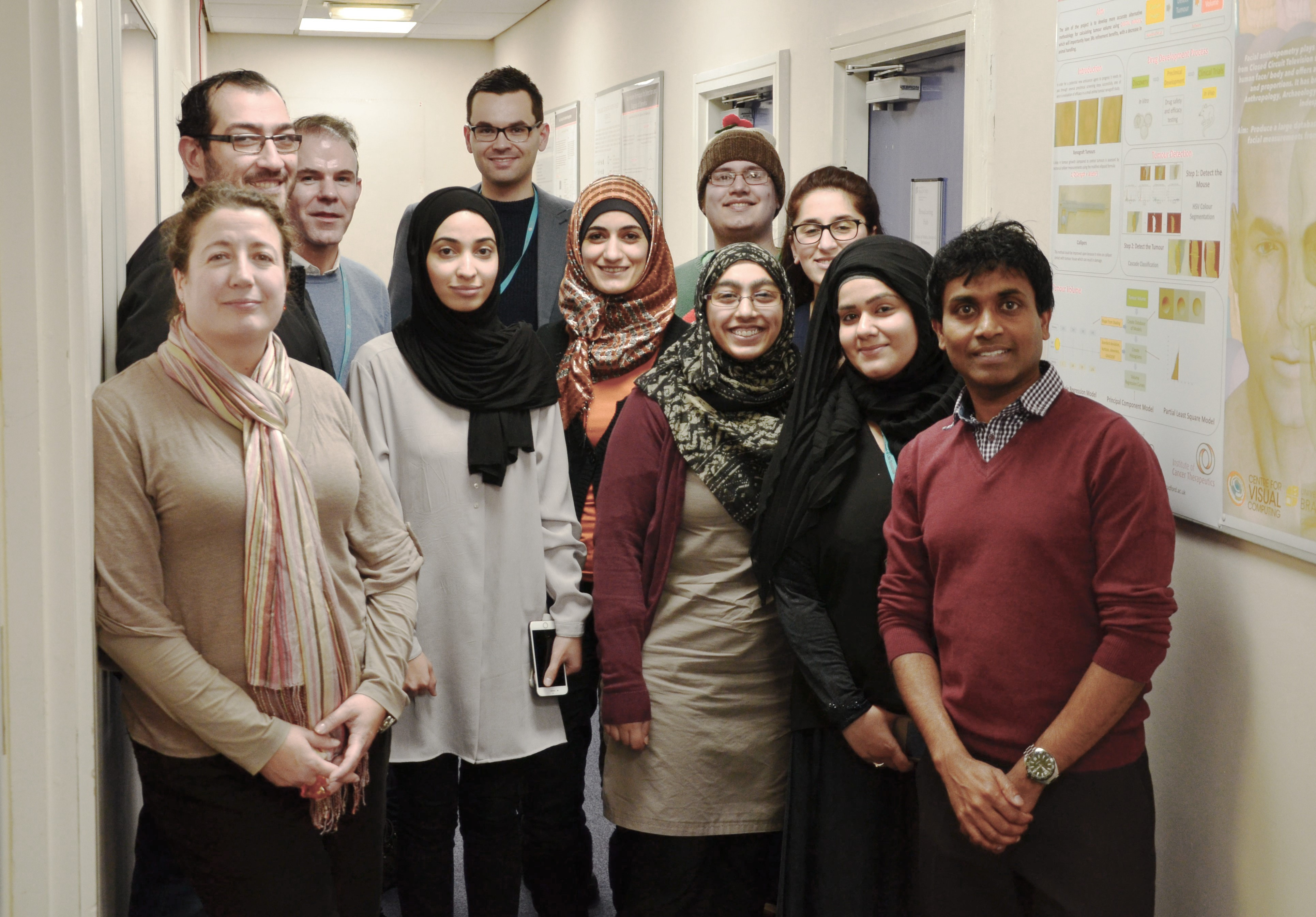
Not much of the course’s curriculum astonished him. It was the difference in the education system of Maldives and the UK that struck Ugail. In the UK, students are expected to do their own homework. Their only lead is an overview of the lesson by the lecturer in class. All the reading, thinking, researching has to be done by the student themselves. This was mountains apart from how schools teach back home. Here the content is provided and students script it out on the exam paper by memory. As Ugail says, Maldivians are spoon-fed in the current educational system. Though it was challenging for him initially, he got used to the system very quickly.
Becoming a Professor
It took Ugail 3 years to complete his Bachelors and continue onto his Masters with another scholarship of 3 years. During that time, he applied for a PHD and received funding from the UK government. In the 3 years that followed, he completed his PHD at Leeds. Ugail remained ambitious and went ahead to complete his post-doctoral research in 2 years’ time.
What might sound like a lot of studying to some was Ugail just seeking answers to the many questions that were unsettled in his mind. He endlessly attends to the need to find answers in the depth. In the Maldivian culture, this is commonly regarded as unnecessary because you only get a piece of paper at the end. We agree with Ugail when he believes that this is very wrong. One must connect with the information he acquires and put it to productive use.
We are mostly criticized for the grades we get on a report card irrelevant of how we achieve it or what we achieve out of it. Learning from one of the most successful academia in Maldives, we know that success comes when one’s motives are given wings to fly. Ugail personally encourages youth to thrive. Parents would find it hard to understand because things were dramatically different at their time. Nevertheless, times have changed. Youth today have access to technologies and other things never imagined years ago. Our lives are not what our parents’ used to be. Convincing them so is the hard part.
Ugail’s message to parents is crucial:
“Parents must understand that their children can’t be expected to live the same way they did. Your child’s choices need to be respected.” - Ugail
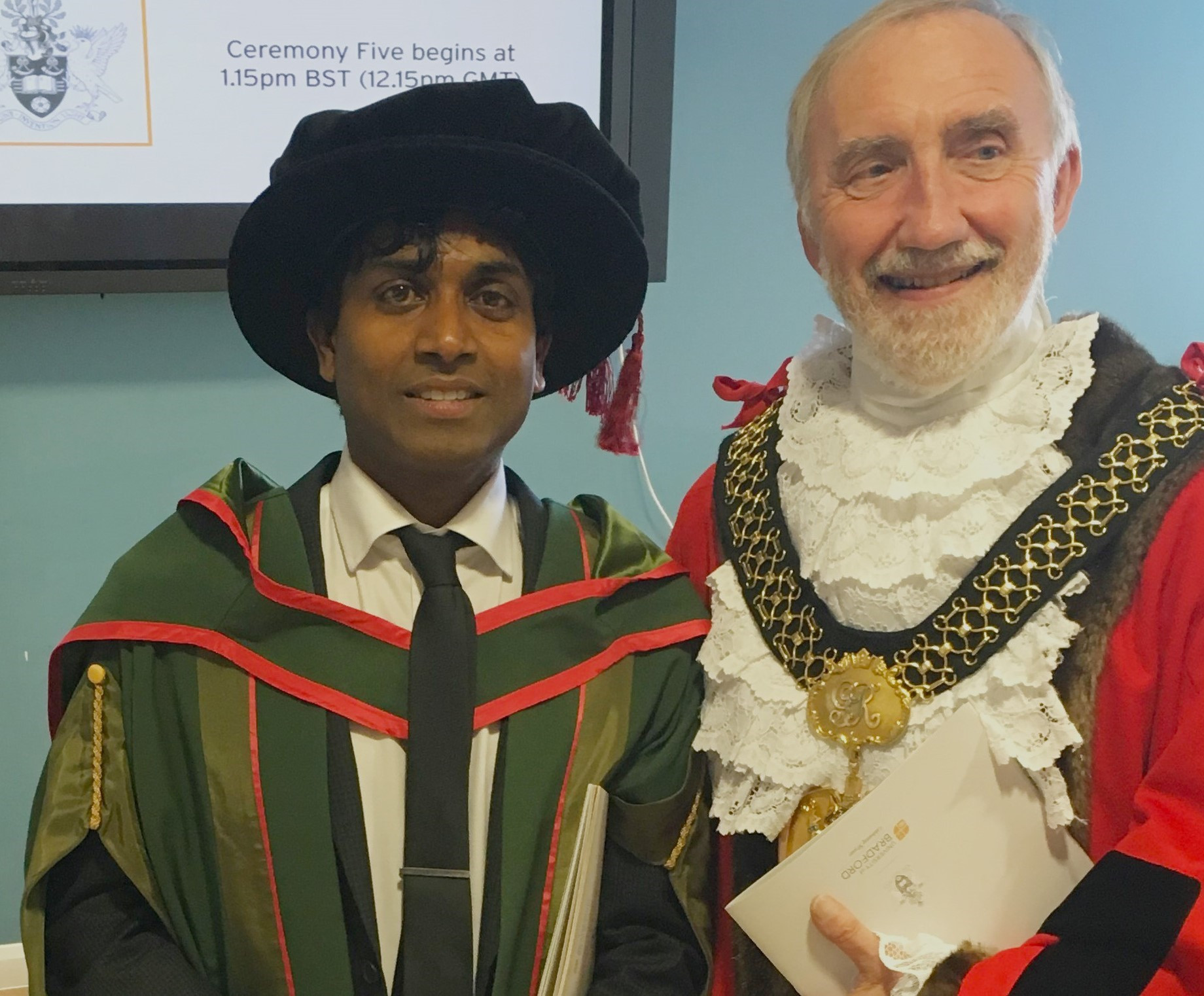
Ugail’s achievements are not limited to his academic qualifications. He has been recognized and awarded on multiple occasions for his contributions in the field of innovation. He is also one of the youngest professors at the University of Bradford. He aimed to become one before he was 40 – a mission he set for himself when he joined the university as a lecturer 8 years before his professorship. Even in the UK and (world) standards, this is a remarkable achievement.
More passion than work
Ugail is currently the director of Center for Visual Computing at the University of Bradford. He runs a research lab and multiple projects, developing new technology to help humanity in the domain of computer science. We had a chat about some of his most interesting projects so far.
For his PHD, Ugail was focused on a key question: How can objects we interact with on a daily basis be represented on a computer as realistically as possible? There were many ways of doing it then and even now, but being comfortable with studying math, Ugail and his team came up with a mathematical equation for it. The equation was able to give more detail to any object or shape than just its namesake. Simply change its parameters and it becomes any other representation of such nature. When you think about it, it is really a powerful way for data compression (just like how you zip big files the equation can encompass 3D information of a physical object drawn on a computer).
His study yielded new interests for Ugail – more questions he wanted answers for. The practical implications of the algorithm was his fresh curiosity. Years later, big companies expressed interest in his work and bought his inventions. Together they created a company by the name Tangentix Ltd where they worked on applying the technology to computer gaming. They succeeded in converting existing PC games to equations by massively compressing the data and storage space. This allowed games to be uploaded on a server and streamed on any device. As impressive as it seems, it did takes years of hard work to achieve.
The most recent project Ugail is working on is the human face recognition. It started with an idea: Can we use computers, or machine learning algorithms to be specific, to study the human face? It is truly a subject of interest.
A human face expresses certain emotions that can very well explain your current emotional status. For example, a tired person blinks more. As Ugail explained, these are cues that a machine can identify and count. The challenge was to teach it how to. He is still working on it since machines unlike us do not naturally inherit the interest to learn about the most common object they see in their lives. For the analysis process to commence, the machine needs to be taught how to identify a human face and its parts, what signals it is looking for and what to do with the information it collects.
“There are many challenges so it is fascinating!” - Ugail
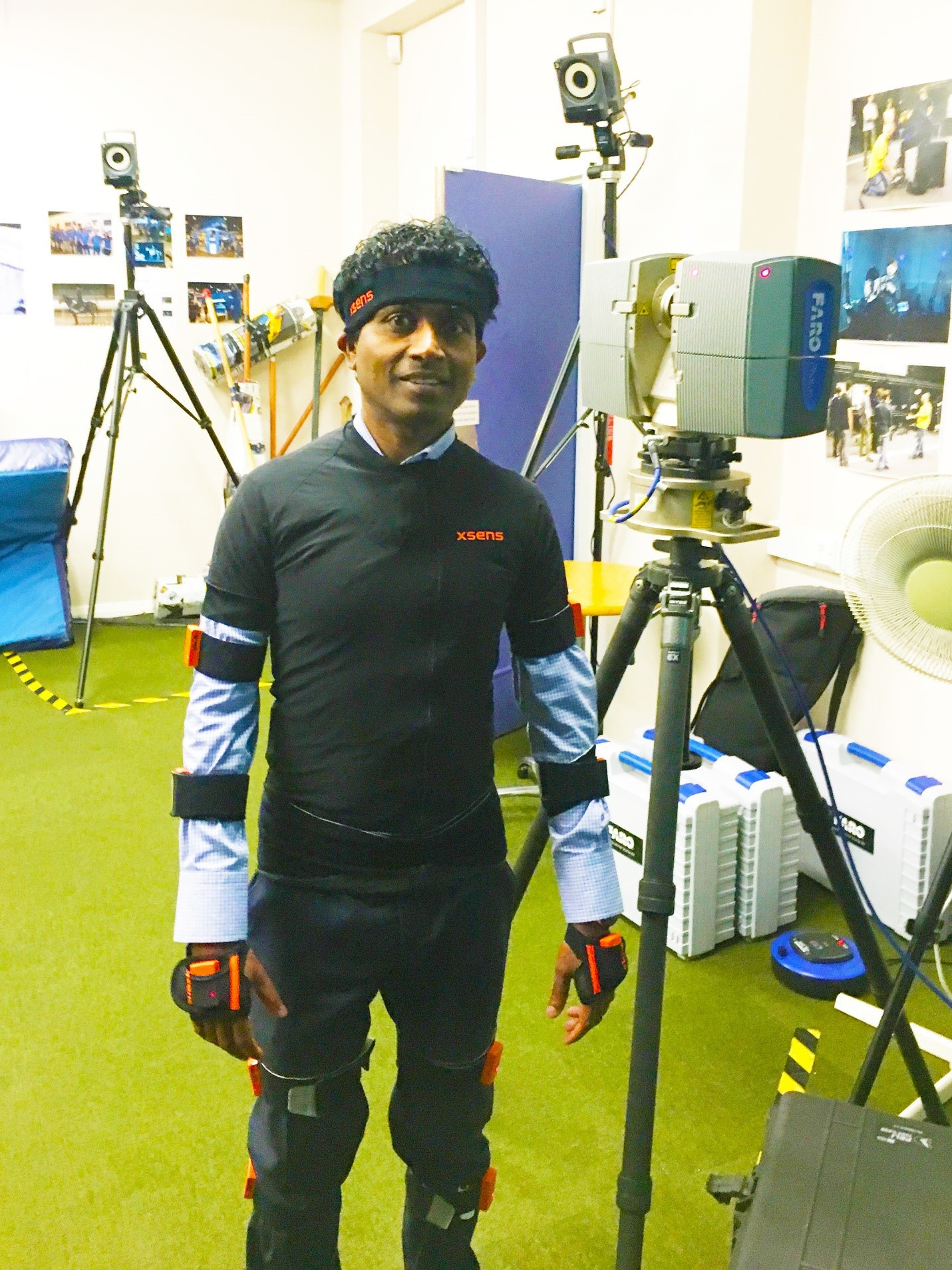
Just to provide a glimpse of the fascinating as well as the important realm that he is working, Ugail’s face recognition work helped to unravel the real identity of the two Russian spies at the heart of the Salisbury Novichok poisoning case - one of the biggest international stories of the year 2018.
We can surely say Ugail enjoys the fact that there is no end to the type of research he conducts. In the last 5-10 years, remarkable progress has been made in the field of machine learning. The process of deep learning has ample potential to adapt to new methods of teaching. Ugail dreams of a day when machines can mimic the learning capabilities of a human brain and propose grand solutions in the field of technology.
If you were to dream about technology, what will your dream be?

